Pep Talk: How Guardiola's Philosophy and Methods Have Shaped Manchester City
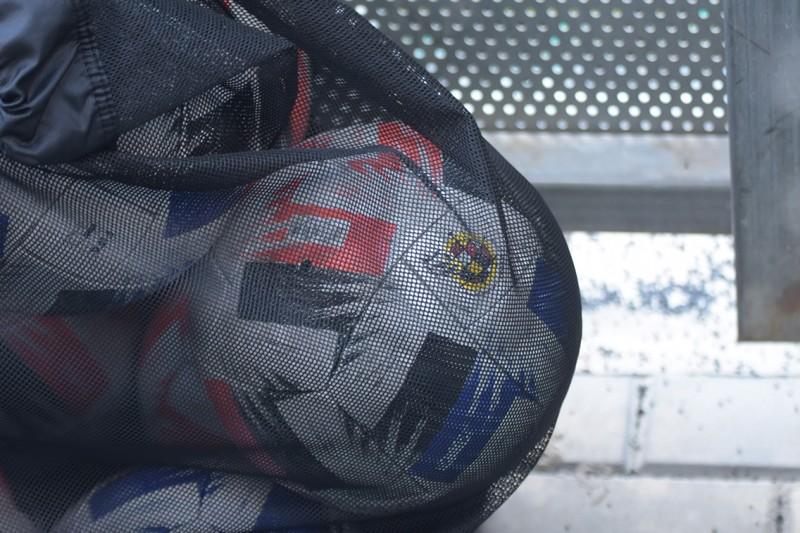
What makes Pep Guardiola one of the best coaches in the world? How has he transformed Manchester City into one of the most dominant and attractive teams in football? What are the secrets behind his philosophy and methods? These are some of the questions that many fans and pundits have asked and debated over the years.
2 years ago
Pep Guardiola is widely regarded as one of the best coaches in the world. He has won numerous trophies and accolades as a player and a coach, most notably with Barcelona, Bayern Munich, and Manchester City. His coaching philosophy and methods are based on the principles of possession, pressing, positional play, and attacking football. He is influenced by the likes of Johan Cruyff, Marcelo Bielsa, and Juanma Lillo, but he also has a unique vision and style.
Guardiola joined Manchester City in 2016, after a successful spell at Bayern Munich. He faced many challenges and criticisms in his first season in England, as he struggled to adapt to the competition and quality of the Premier League. Many doubted and questioned his style of play, which seemed too risky and complex for the English game. However, Guardiola did not give up on his beliefs and convictions. Instead, he gradually implemented his philosophy and methods at Manchester City, transforming them into one of the most dominant and attractive teams in football.
In this article, we will explore how Guardiola has had a huge impact on Manchester City’s style of play and results by implementing his philosophy and methods at the club.
One of the key aspects of Guardiola's philosophy and methods is his recruitment and development of players who fit his system and vision. He has identified and signed players who suited his style of play, such as Kevin De Bruyne, Raheem Sterling, and Ruben Dias. He has also improved and transformed the performances and roles of existing players, such as Fernandinho, Ilkay Gundogan, John Stones, and Joao Cancelo. Moreover, he has nurtured and promoted young talents from the academy, such as Phil Foden, Liam Delap, Cole Palmer, and James McAtee.
Guardiola's philosophy requires players who are technically gifted, tactically intelligent, physically fit, and mentally strong. He also looks for players who can play in multiple positions and roles, depending on the needs of the team. For example, De Bruyne can play as a central midfielder, a winger, or a false nine; Foden can play as a midfielder, a winger, or a forward.
Guardiola's methods involve intense training sessions that focus on improving the players' skills, understanding, and decision-making. He also uses video analysis to show the players their strengths and weaknesses and to explain his tactical plans. He constantly communicates with the players to give them feedback, instructions, and encouragement. He also challenges them to improve their performance and to compete for their place in the team.
Another key aspect of Guardiola's philosophy and methods is his adaptation and innovation of tactics and formations to suit different opponents and situations. He has experimented and changed his tactics and formations depending on the strengths and weaknesses of the opposition, such as using a false nine, a back three, or inverted full-backs. He has also exploited the spaces and created numerical advantages in different areas of the pitch, such as the half-spaces, the wings, or the box. He has also varied his approach between possession-based and counter-attacking football depending on the game state, such as controlling the tempo, switching the play, or breaking quickly.
Guardiola's philosophy is based on the principles of possession, pressing, positional play, and attacking football. However, he is not dogmatic or rigid in his application of these principles. He is flexible and creative in finding solutions to different problems that arise during a game. He is also willing to learn from other coaches and teams that pose a threat to his own.
For example, in the 2019-20 season, Guardiola faced difficulties against teams that defended deep and compactly against his team. He also struggled against teams that pressed high and aggressively against his team. To overcome these challenges, he adapted his tactics and formations to create more space and movement in attack. He also improved his team's defensive organisation and transition.
Using a false nine: when a forward drops deep into midfield to create space for other attackers to run behind the defense. Guardiola used this tactic with Lionel Messi at Barcelona, Robert Lewandowski at Bayern Munich, and Sergio Aguero at Manchester City. He also used this tactic with De Bruyne or Foden when Aguero was injured or rested.
Using a back three: when three defenders form a line at the back instead of four. Guardiola used this tactic to cope with injuries to his centre-backs or to match up with teams that played with two strikers. He also used this tactic to create more width and depth in the attack by pushing his full-backs higher up the pitch.
Using inverted full-backs: when full-backs move into the central midfield instead of staying wide on the flanks. Guardiola used this tactic to create more numerical superiority in midfield or to overload one side of the pitch. He also used this tactic to create more diagonal passing options or to switch the play quickly.
The final key aspect of Guardiola's philosophy and methods is his emphasis on creating a winning mentality and culture within the club. He has instilled a sense of hard work, professionalism, and collective responsibility among the players and staff. He has also fostered a spirit of unity, harmony, and trust within the dressing room. He has motivated and inspired his team to overcome adversity and achieve success, by setting challenges, giving feedback, and celebrating achievements.
Guardiola's philosophy is not only about playing beautiful football but also about winning trophies and records. He has led Manchester City to three Premier League titles, four League Cups, one FA Cup, and a record-breaking 100 points in a single season. He has also reached the Champions League final for the first time in the club's history. He has done so by demanding high standards from himself and his players, and by never settling for less than perfection.
Guardiola's methods involve creating a positive and supportive environment within the club, where everyone feels valued and respected. He has built strong relationships with his players and staff, by listening to their opinions, resolving their conflicts, and supporting their needs. He has also encouraged them to express themselves on and off the pitch, by giving them freedom, creativity, and confidence. He has also shown them how to cope with pressure and criticism, by being calm, humble, and honest.
Guardiola's philosophy and methods have created a winning mentality and culture at Manchester City, where everyone shares a common vision and goal. They have also created a sense of pride and identity among the fans and the community, who have embraced Guardiola's style of play and personality. Guardiola has transformed Manchester City into more than just a football club; he has made them a symbol of excellence and inspiration.
If you are a fan of Manchester City and Pep Guardiola, you don’t want to miss the opportunity to witness his genius in action. You can buy Manchester City tickets online for upcoming matches at the Etihad Stadium. Do not miss this chance to see Guardiola’s Manchester City live and support your team.
Guardiola joined Manchester City in 2016, after a successful spell at Bayern Munich. He faced many challenges and criticisms in his first season in England, as he struggled to adapt to the competition and quality of the Premier League. Many doubted and questioned his style of play, which seemed too risky and complex for the English game. However, Guardiola did not give up on his beliefs and convictions. Instead, he gradually implemented his philosophy and methods at Manchester City, transforming them into one of the most dominant and attractive teams in football.
In this article, we will explore how Guardiola has had a huge impact on Manchester City’s style of play and results by implementing his philosophy and methods at the club.
One of the key aspects of Guardiola's philosophy and methods is his recruitment and development of players who fit his system and vision. He has identified and signed players who suited his style of play, such as Kevin De Bruyne, Raheem Sterling, and Ruben Dias. He has also improved and transformed the performances and roles of existing players, such as Fernandinho, Ilkay Gundogan, John Stones, and Joao Cancelo. Moreover, he has nurtured and promoted young talents from the academy, such as Phil Foden, Liam Delap, Cole Palmer, and James McAtee.
Guardiola's philosophy requires players who are technically gifted, tactically intelligent, physically fit, and mentally strong. He also looks for players who can play in multiple positions and roles, depending on the needs of the team. For example, De Bruyne can play as a central midfielder, a winger, or a false nine; Foden can play as a midfielder, a winger, or a forward.
Guardiola's methods involve intense training sessions that focus on improving the players' skills, understanding, and decision-making. He also uses video analysis to show the players their strengths and weaknesses and to explain his tactical plans. He constantly communicates with the players to give them feedback, instructions, and encouragement. He also challenges them to improve their performance and to compete for their place in the team.
Another key aspect of Guardiola's philosophy and methods is his adaptation and innovation of tactics and formations to suit different opponents and situations. He has experimented and changed his tactics and formations depending on the strengths and weaknesses of the opposition, such as using a false nine, a back three, or inverted full-backs. He has also exploited the spaces and created numerical advantages in different areas of the pitch, such as the half-spaces, the wings, or the box. He has also varied his approach between possession-based and counter-attacking football depending on the game state, such as controlling the tempo, switching the play, or breaking quickly.
Guardiola's philosophy is based on the principles of possession, pressing, positional play, and attacking football. However, he is not dogmatic or rigid in his application of these principles. He is flexible and creative in finding solutions to different problems that arise during a game. He is also willing to learn from other coaches and teams that pose a threat to his own.
For example, in the 2019-20 season, Guardiola faced difficulties against teams that defended deep and compactly against his team. He also struggled against teams that pressed high and aggressively against his team. To overcome these challenges, he adapted his tactics and formations to create more space and movement in attack. He also improved his team's defensive organisation and transition.
Using a false nine: when a forward drops deep into midfield to create space for other attackers to run behind the defense. Guardiola used this tactic with Lionel Messi at Barcelona, Robert Lewandowski at Bayern Munich, and Sergio Aguero at Manchester City. He also used this tactic with De Bruyne or Foden when Aguero was injured or rested.
Using a back three: when three defenders form a line at the back instead of four. Guardiola used this tactic to cope with injuries to his centre-backs or to match up with teams that played with two strikers. He also used this tactic to create more width and depth in the attack by pushing his full-backs higher up the pitch.
Using inverted full-backs: when full-backs move into the central midfield instead of staying wide on the flanks. Guardiola used this tactic to create more numerical superiority in midfield or to overload one side of the pitch. He also used this tactic to create more diagonal passing options or to switch the play quickly.
The final key aspect of Guardiola's philosophy and methods is his emphasis on creating a winning mentality and culture within the club. He has instilled a sense of hard work, professionalism, and collective responsibility among the players and staff. He has also fostered a spirit of unity, harmony, and trust within the dressing room. He has motivated and inspired his team to overcome adversity and achieve success, by setting challenges, giving feedback, and celebrating achievements.
Guardiola's philosophy is not only about playing beautiful football but also about winning trophies and records. He has led Manchester City to three Premier League titles, four League Cups, one FA Cup, and a record-breaking 100 points in a single season. He has also reached the Champions League final for the first time in the club's history. He has done so by demanding high standards from himself and his players, and by never settling for less than perfection.
Guardiola's methods involve creating a positive and supportive environment within the club, where everyone feels valued and respected. He has built strong relationships with his players and staff, by listening to their opinions, resolving their conflicts, and supporting their needs. He has also encouraged them to express themselves on and off the pitch, by giving them freedom, creativity, and confidence. He has also shown them how to cope with pressure and criticism, by being calm, humble, and honest.
Guardiola's philosophy and methods have created a winning mentality and culture at Manchester City, where everyone shares a common vision and goal. They have also created a sense of pride and identity among the fans and the community, who have embraced Guardiola's style of play and personality. Guardiola has transformed Manchester City into more than just a football club; he has made them a symbol of excellence and inspiration.
If you are a fan of Manchester City and Pep Guardiola, you don’t want to miss the opportunity to witness his genius in action. You can buy Manchester City tickets online for upcoming matches at the Etihad Stadium. Do not miss this chance to see Guardiola’s Manchester City live and support your team.

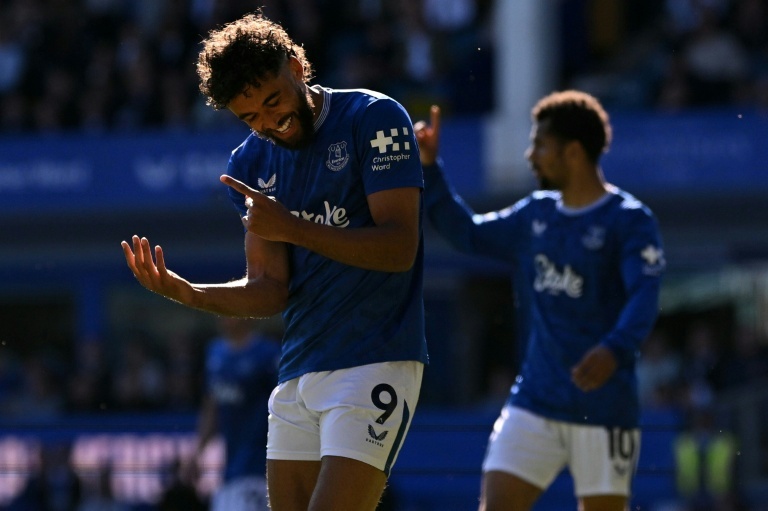
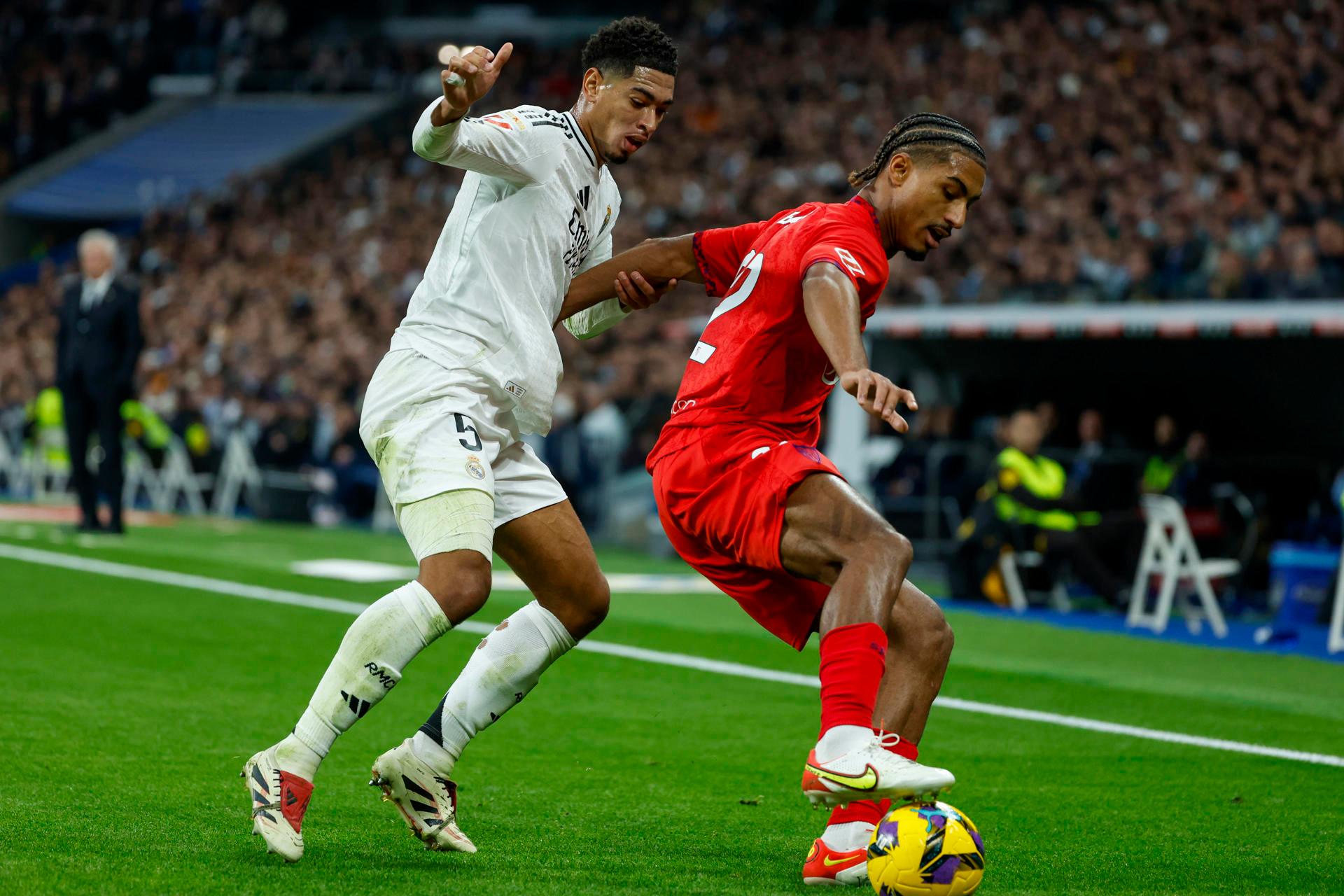

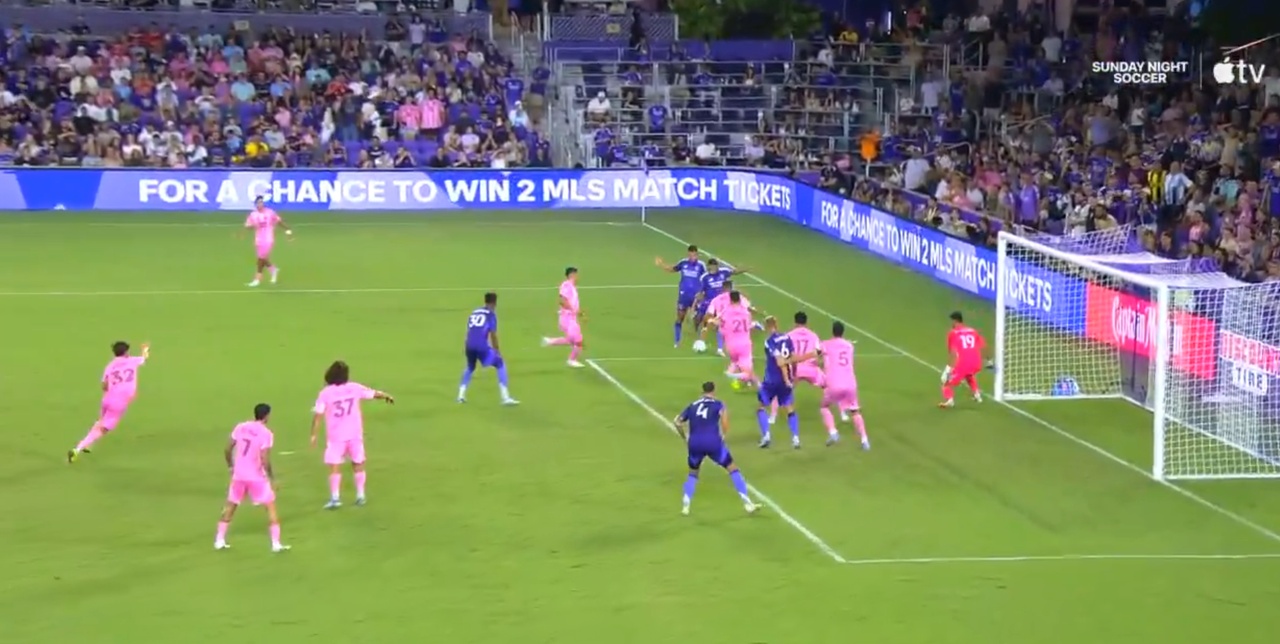
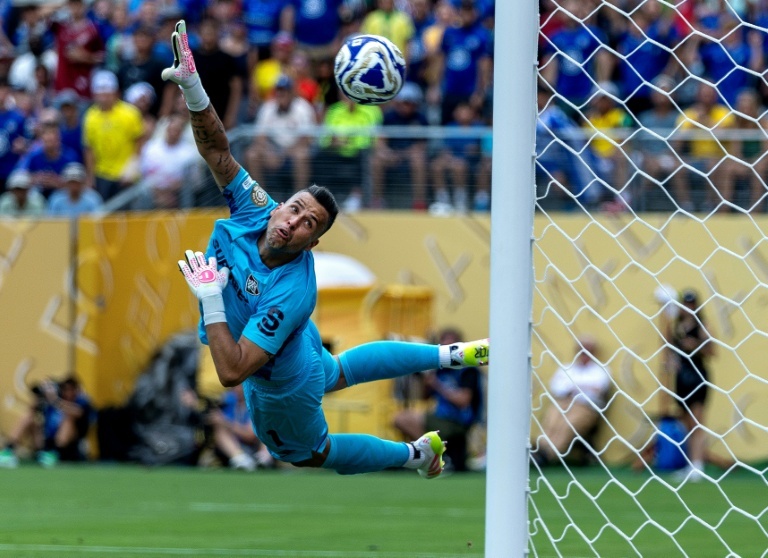
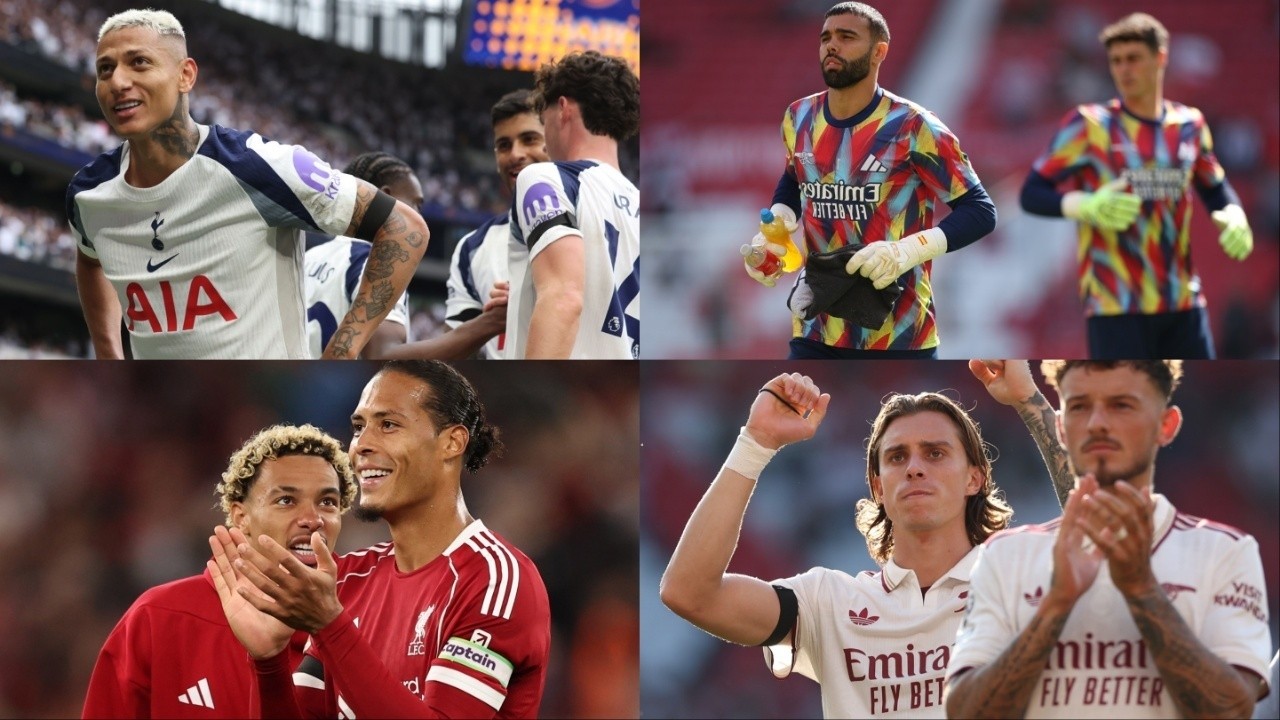
Comments